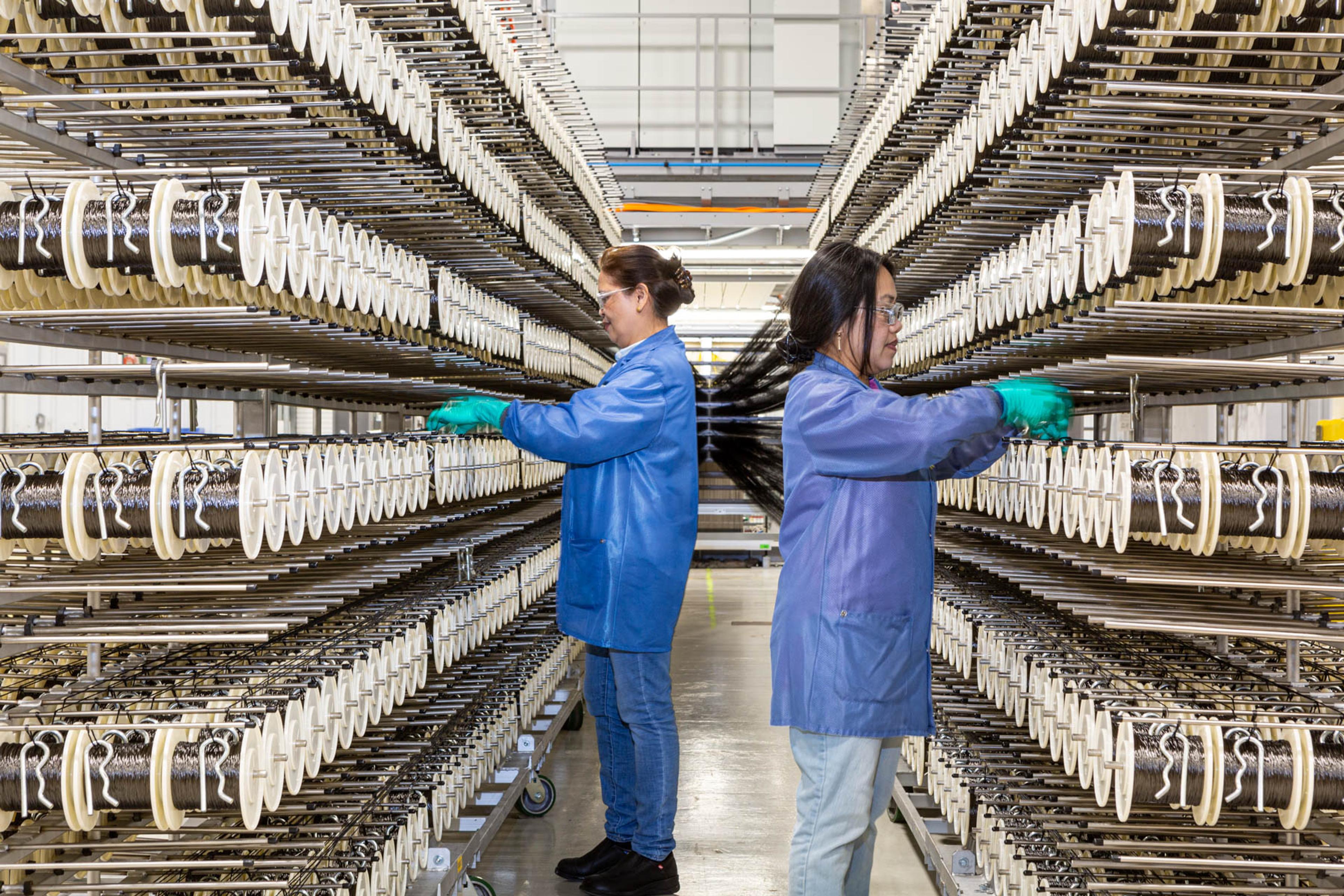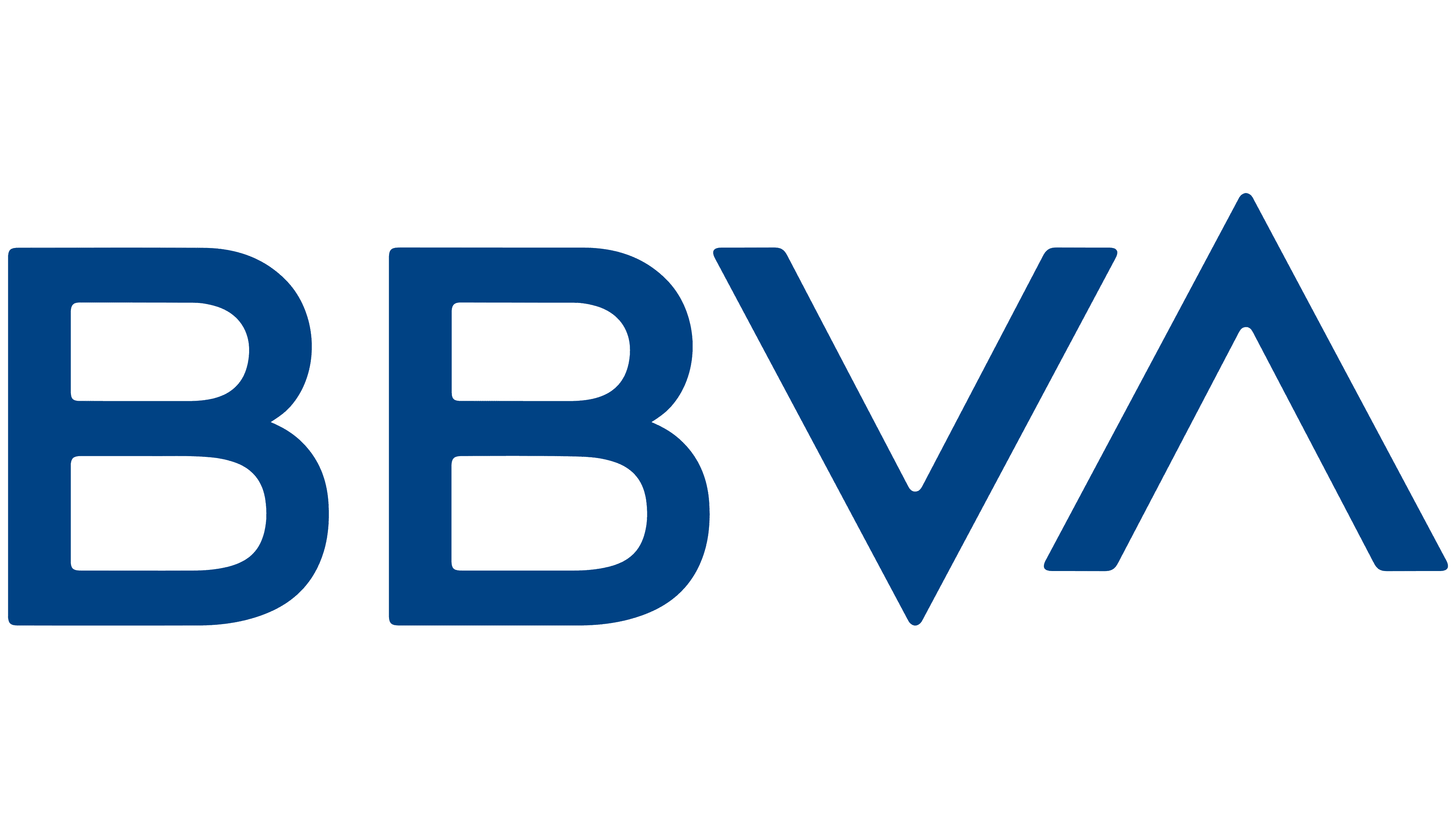

Customers
Our mission is to accelerate the climate economy by giving organizations the tools to measure, report, and reduce their environmental impact.





































































“We’re proud of our ESG work and with Watershed’s support, our reporting is more efficient and accurate.”

“As an investor, I expect companies that are thinking about new product lines and revenue streams with climate change in mind will reap some real benefits, including that procurement teams may prefer them.”
